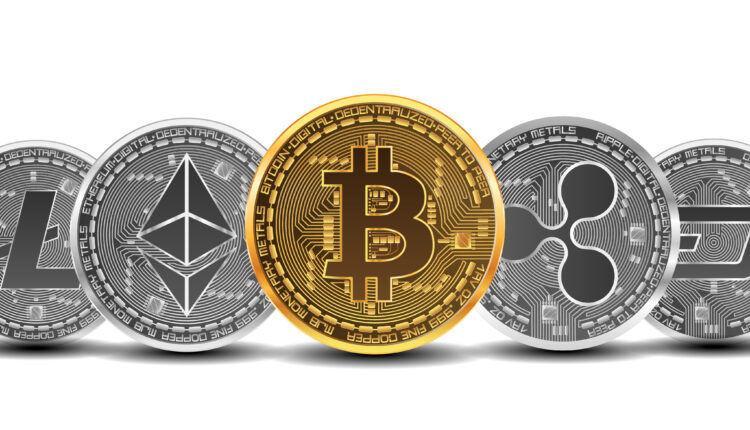
France May Impose Tougher Registration Rules On Cryptocurrency Firms By January 2024
France is set to impose tougher registration rules on cryptocurrency firms as of January 2024, according to a proposal passed by the National Assembly.
The new rules will require additional measures on internal controls, cybersecurity and conflicts of interest, with the aim of bolstering France’s crypto regulatory regime, Coindesk reported.
The move comes amidst recent market turbulence and as the country prepares for the implementation of new cryptocurrency laws from the European Union.
France is positioning itself as a crypto hub and has already attracted firms such as Binance and Bitstamp, which have successfully registered with the country’s Financial Markets Authority (AMF).
Registration involves compliance checks on governance and anti-money laundering norms and is mandatory for all firms offering trading or custody services in France.
No firm has yet obtained a license, which is a more stringent process than registration and involves compliance with financial norms.
Sen. Hervé Maurey initially proposed strengthening France’s crypto regulatory framework in December, citing the collapse of cryptocurrency exchange FTX and the need to avoid loopholes before the EU’s Markets in Crypto Assets Regulation (MiCA) takes effect.
The industry expressed concerns about the proposal, but regulators supported the move.
Eventually, a compromise was reached, and both chambers of the French parliament settled on a proposal that imposes additional registration requirements from January 2024 but does not mandate firms to obtain a license. The Senate voted in favor of this proposal on Feb. 16.
Maurey stated, “We are not here to prevent the development of these activities, but to avoid them being used for money laundering, tax evasion, or the financing of terrorism.”
The strengthened regulatory framework is expected to attract more crypto firms to France while ensuring that the industry operates within a more secure and regulated environment.
__________
This article was originally published on Benzinga and appears here with permission.



